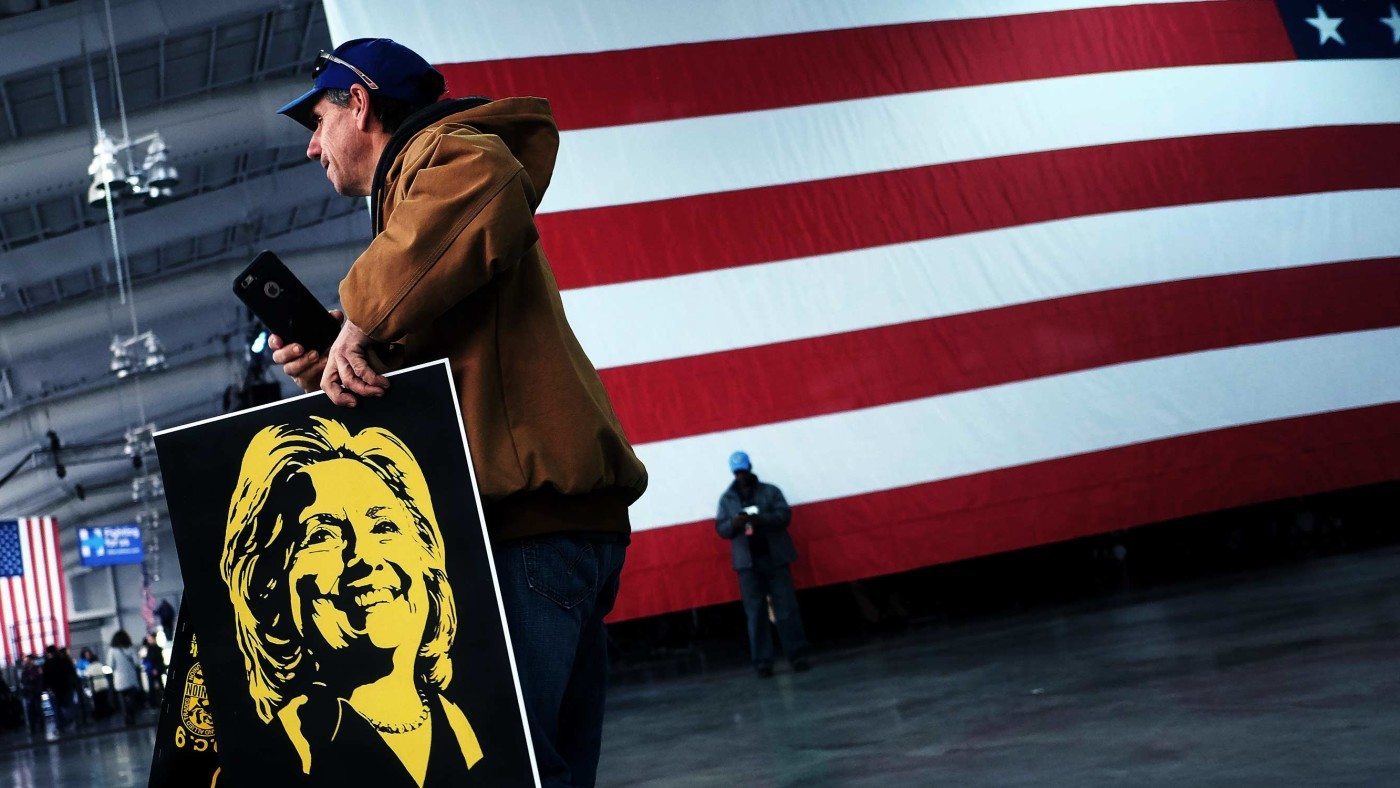It is all so depressing.
For years, Republicans visiting the UK have extolled the strength of their 2016 bench. The veteran economist Art Laffer once explained to me the GOP had numerous experienced governors and talented senators ready to run, and committed to free market economics. All promised pro-growth tax reform, spending restraint, regulatory reform and an anti-cronyism agenda.
Instead, it now seems almost certain the general election will be fought between Donald Trump as the Republican nominee and Hillary Clinton. That prospect offers voters not the stark expected choice between a pro-market conservative and a market-managing democrat, but rather the choice between two strands of interventionism: a bully boy mercantilist and a managerialist who believes we are only one expert or regulation away from prosperity.
Trump is a nativist and a protectionist. Not just on immigration either (though his commitment to deport 11 million illegal immigrants is perhaps his craziest policy). No, he laments that America imports cars and exports corn. He regards imports as bad and exports good. He has a Ross Perot-like fetish for manufactured “stuff”. He simply does not understand trade, it’s mutually beneficial nature and that it makes us more prosperous to produce things where we have comparative advantage.
Trump wants “fair” tariffs on imported goods, and a crackdown on China’s currency manipulation. In essence, he wants a trade war when a growing Chinese middle class offers untold opportunities for rich Western countries to export services. Under Trump, Pat Buchanan’s agenda has gone mainstream.
On the budget, he simply refuses to acknowledge that long-term entitlements will blow up the US government budget if unreformed – promising a fiscal fairytale of lower spending and taxes without touching any programme such as social security. Worse, in the past he’s advocated a potentially catastrophic one-time high wealth tax to “pay off the national debt” – a $5.7 trillion liquidation of assets that would have seen substantial capital flight and severely affected the US economy.
Whilst Clinton at least has some understanding of the basics of a market economy, she is little better with her faith that governments can fine-tune the economy from the top-down. Like Barack Obama, she will continue to work under the assumption all that is needed is more expertise from empowered bureaucrats. A perceived failure of markets? More regulatory power to the federal government! The cost of living high? Adjusted tax relief. Low incomes stagnate? Raise the minimum wage!
This sort of naïve agenda makes fundamental errors, albeit different ones from Trump. It ignores that regulators themselves can become captured and have imperfect knowledge. And it relies on the President identifying the right problems. Yet given it seems Clinton will continue the Democrat obsession with inequality, rather than focusing on the living standards of the poor, it is unlikely that market solutions for a more prosperous middle-calass are high on Clinton’s agenda. Instead it’ll be more bash-the-rich populism.
The Presidential choice facing the US now risks setting back the cause of free market economics for a generation. And if Trump’s agenda gets linked to free market economics by association of his position as a Republican, then the threat could be existential.


